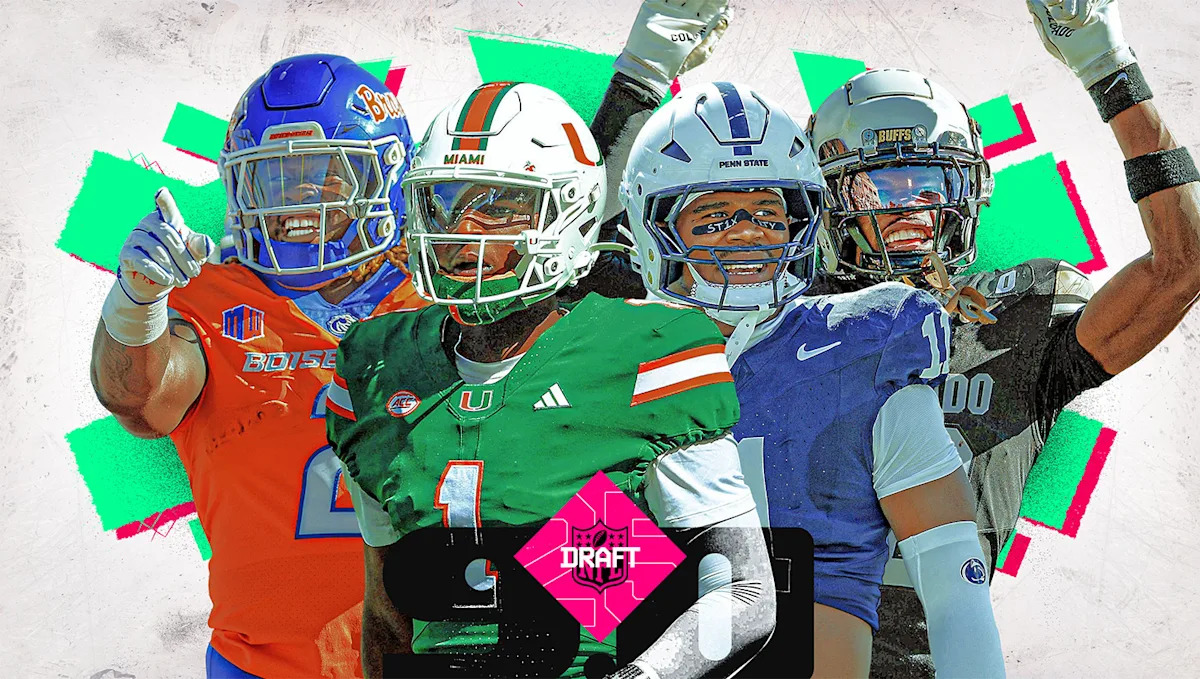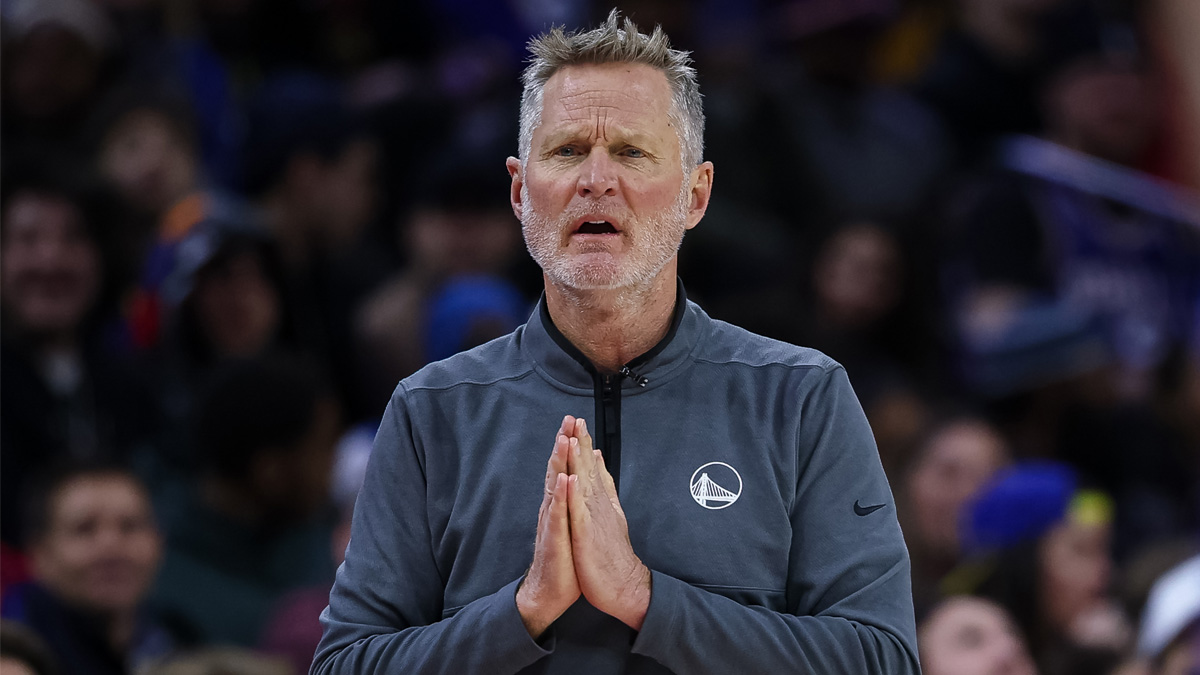Gambling Gridlock: Will Sports Betting Break Through Georgia's Legislative Barrier?
Sports
2025-04-03 12:00:00Content

Despite passionate efforts, online sports betting has once again hit a legislative roadblock in Georgia. The state continues to stand apart from the growing national trend, remaining one of the few holdouts that have not embraced digital sports gambling.
Lawmakers in the Georgia Legislature have repeatedly failed to pass comprehensive legislation that would legalize and regulate online sports betting, leaving sports enthusiasts and potential industry investors frustrated. The Peach State's conservative approach to gambling continues to prevent residents from enjoying the same online betting opportunities available in many other states.
As neighboring states like Tennessee and Florida have successfully implemented online sports betting frameworks, Georgia remains on the sidelines, missing out on potential tax revenue and economic benefits. The ongoing debate highlights the complex political and cultural considerations surrounding gambling legislation in the state.
Sports fans and industry advocates continue to push for change, arguing that legalization would provide a safe, regulated environment for sports betting and generate significant revenue for the state. However, for now, Georgia's stance remains unchanged, keeping online sports betting firmly in the realm of legislative uncertainty.
Georgia's Sports Betting Saga: A Legislative Deadlock Continues
In the complex landscape of gambling legislation, Georgia finds itself at a critical crossroads, wrestling with the contentious issue of sports betting legalization. The state's ongoing struggle reflects a broader national debate about the economic potential and social implications of gambling expansion.Breaking Barriers: The High-Stakes Battle for Sports Betting Legitimacy
The Legislative Impasse: Understanding Georgia's Gambling Gridlock
The Georgia Legislature has once again demonstrated its reluctance to embrace online sports betting, maintaining a conservative stance that sets it apart from many other states. This persistent resistance stems from a complex interplay of political, economic, and social considerations that have long complicated gambling discussions in the Peach State. Lawmakers continue to grapple with the multifaceted challenges surrounding sports betting legalization. Conservative political factions remain concerned about potential social consequences, while economic advocates argue that legalization could generate substantial revenue for state infrastructure and public services.Economic Implications of Continued Resistance
The economic landscape of sports betting represents a significant missed opportunity for Georgia. Neighboring states have already capitalized on the lucrative market, generating millions in tax revenue and creating new economic ecosystems around legal sports gambling. Analysts estimate that Georgia could potentially generate hundreds of millions in annual revenue by legalizing online sports betting. The current legislative approach effectively leaves substantial economic potential untapped, creating a paradoxical situation where fiscal conservatism might be hindering economic growth.Comparative State Dynamics: Georgia's Unique Position
Unlike many progressive states that have embraced sports betting, Georgia remains an outlier in its regulatory approach. This isolation creates interesting economic and regulatory dynamics that distinguish the state's gambling landscape from national trends. The continued prohibition creates a complex underground market where residents potentially engage in unregulated betting platforms, raising concerns about consumer protection and potential legal vulnerabilities.Social and Regulatory Considerations
Beyond pure economic calculations, the sports betting debate involves nuanced discussions about social responsibility, addiction prevention, and regulatory frameworks. Lawmakers must balance potential economic benefits with comprehensive consumer protection strategies. Emerging research suggests that well-regulated sports betting environments can actually provide more robust consumer safeguards compared to unregulated markets. This perspective challenges traditional arguments against legalization and introduces more nuanced policy considerations.Future Prospects and Political Momentum
The current legislative environment suggests that significant changes remain challenging. However, increasing pressure from economic stakeholders and shifting public sentiment might gradually reshape the political calculus surrounding sports betting in Georgia. Advocates continue to push for comprehensive legislation that would create robust regulatory mechanisms, ensuring consumer protection while unlocking substantial economic potential. The ongoing dialogue represents a critical moment in the state's approach to gambling regulation.RELATED NEWS
Sports

End of an Era: Gary Danielson Calls It Quits at CBS, Passes Torch to Charles Davis
2025-03-26 17:00:00
Sports

Diamond Diamonds: Hidden Infield Gems Set to Explode in Fantasy Baseball Draft Season
2025-03-10 14:33:05
Sports

Draft Day Countdown: Insider Predictions Reveal NFL's Most Anticipated Roster Shake-Up
2025-04-23 12:24:46





